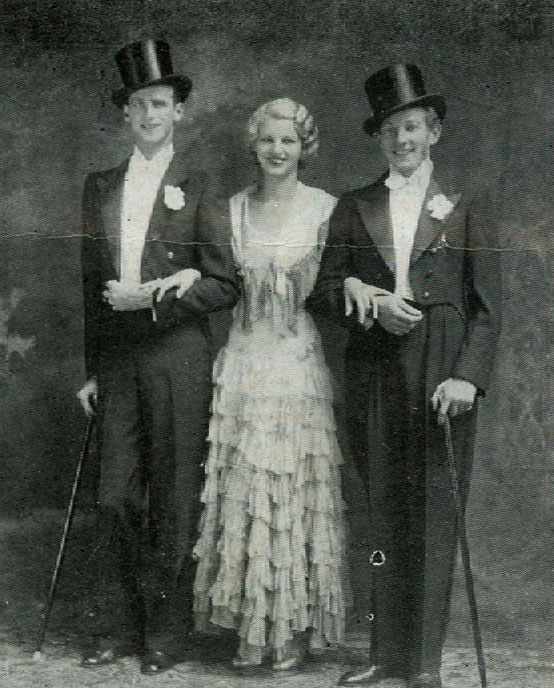 I’m Such A Bad Cook, The Flies In The Neighborhood Chipped In To Have The Screen Door Fixed I’m Such A Bad Cook, The Flies In The Neighborhood Chipped In To Have The Screen Door Fixed
When Comedy Went To School
directed by Ron Frank and Mevlut Akkaya
Written by Lawrence Richards
opens in Los Angeles at Laemmle Theaters on Friday, August 16; national release will follow.
This will be a fastidious film review: fast and hideous.
My stomach hurts, I’ve got a headache, and I feel queasy, like I may toss my cookies at any moment. But I’m laughing –– because you gotta keep laughing. Why do you gotta keep laughing? Because it helps distract you from the pain and suffering. So, hahahahaha!
I’m chortling and guffawing right out loud
because this documentary called When Comedy Went To School is funny. And it shouldn’t be?
Why, this film stars, as Tom Brokaw would say, The Greatest Generation of comedians ever to
grace our land, a group that includes Robert Klein, Jerry Lewis, Jerry Stiller, Sid Caesar, Jackie
Mason, Totie Fields, Mort Sahl and Larry King…turns out Larry King was a comedian, too…did
you know that?
Interesting fact: A 1970s survey found that Jews represented both approximately 3 percent of the total U.S. population and a whopping 80 percent of our country’s
professional comedians. It seems there’s a good reason for that, or lots of good reasons, as explicated by our cast here of veteran laffmeisters, who all get off some real zingers as
they regale us with the story of the Borscht Belt in New York's Catskill Mountains, where during the postwar years Jewish immigrants established a resort colony of hotels and bungalows that were the
“breeding ground for the standup comic,” in Larry King’s words, where they honed their skills and which proved a launching pad for superstardom in film, TV and stage. Danny Kaye, Henny Youngman,
Joan Rivers, Mel Brooks, Woody Allen, Billy Crystal, Lenny Bruce, Jerry Seinfeld, Rodney Dangerfield, their stories all get told, as does some fascinating history on the roots of Jewish humor
dating back to life in the Old Country and the early pioneering days of American burlesque and vaudeville.
Beware that this film is overlayed with a lotta sappy Hallmark-commercial music and a generally schmaltzy, over-reverent sentimentalism. Then again, what the hell, somehow it all fits, for this, seriously, is quite a moving presentation, soaked in a nostalgia for an era that has come and gone. And, better yet, the film is scholarly in its exploration of the real whys and wherefores of Jewish comedy –– at least going some way in definitively demonstrating why something is funny when you’ve heard it one time, funnier the 100th time, and far, far funnier still the thousandth time. Thank you, Henny Youngman.
–– John Payne
|